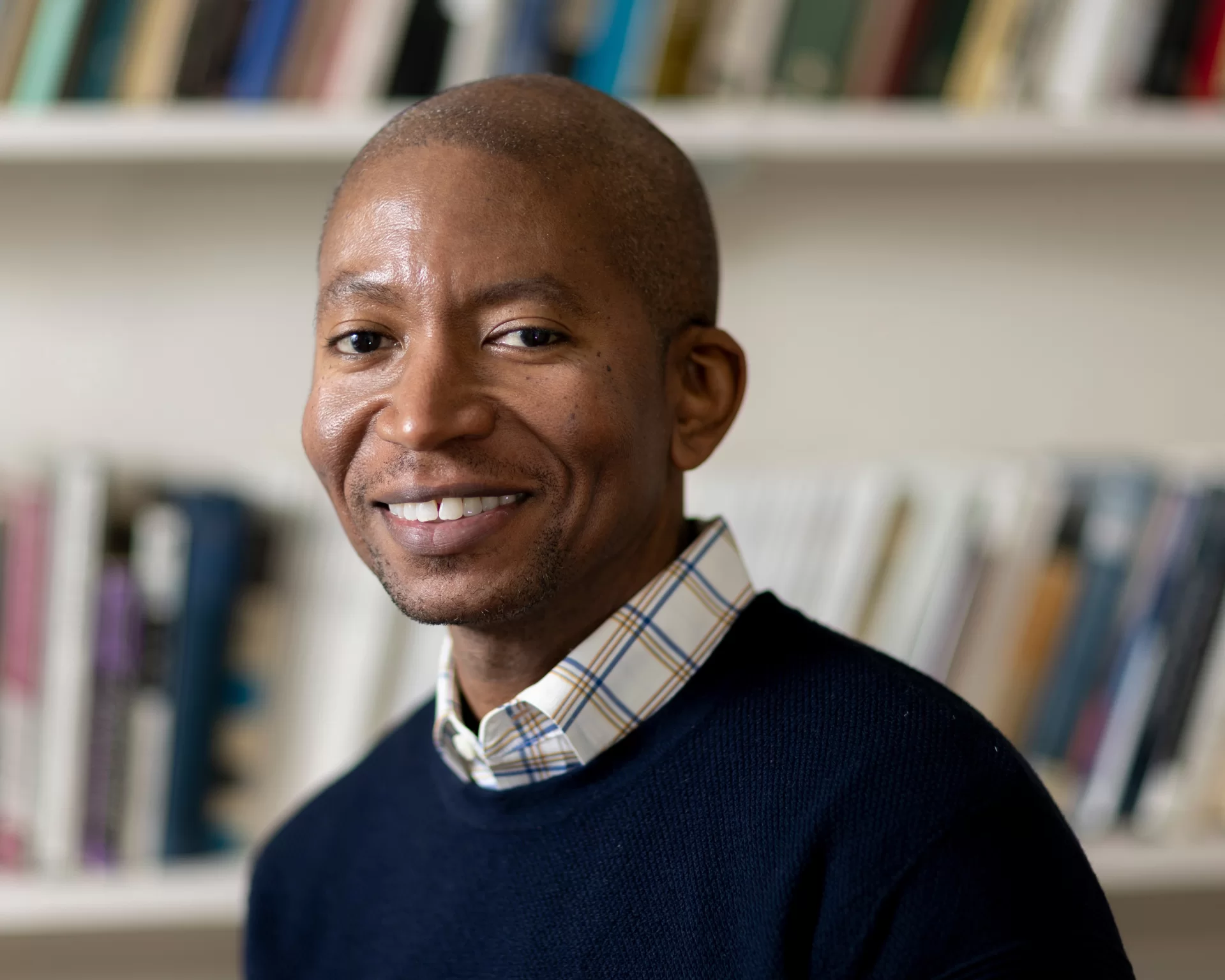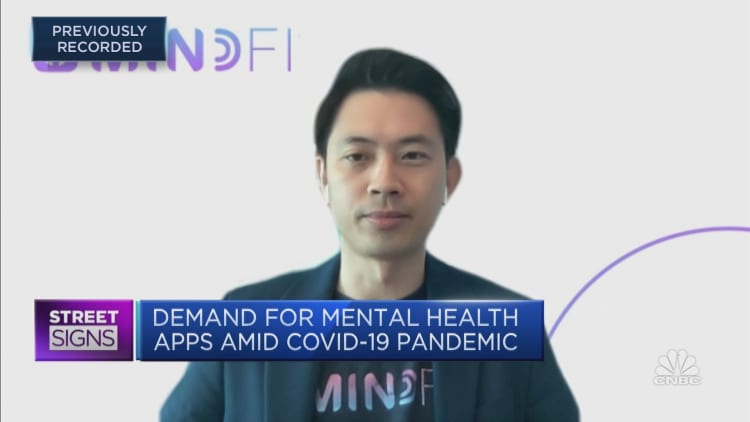
New center at Rhode Island College will expand state’s bilingual mental health workforce
“When you need help for your family or child, we’ve found that it’s hard to find a Spanish-speaking clinician in Rhode Island,” said Jayashree Nimmagadda, a professor of social work at RIC and the center’s founder. “And those clinicians who are bilingual have long waiting lists.”
The center is primarily focused on recruiting, training, and graduating Latino students in clinical social work; building a community for clinical social work students; strengthening curriculum to address issues regarding Hispanic populations; and recruiting and retaining Latino faculty in social work “so our faculty represents and looks like the students,” Nimmagadda said.
Get Rhode Map
State Senator Alana M. DiMario, who has advocated for accessing mental health support, said finding a licensed provider with a similar cultural background can make all the difference.
“One of the things we know is mental health services are accessed more frequently and are also more effective when people feel as though they can access a provider who can understand them,” DiMario said. “That goes both for understanding the provider in terms of the language they’re more comfortable speaking, but also in terms of familiarity with cultural aspects.”
DiMario said there’s often “less stigma, less barriers, when somebody can access care from a person who looks like them and sounds like them.”
The center, which opened over the summer, was funded by a grant from the US Health Resources and Services Administration. The grant provided $650,000 for the first year, with the possibility of additional funding for another three years, according to a press release from RIC.
Rhode Island’s primarily white and English-speaking behavioral health workforce does not reflect the racial and cultural diversity of its residents, and a 2021 report by the Mental Health Association of Rhode Island found that efforts must be made to close the gap.
DiMario pointed out how the process for becoming a licensed social worker or mental health care provider inherently works against many people.
“There are a lot of barriers there,” DiMario said.
Traditionally, people need a bachelor’s and master’s degree to become a mental health care provider.
“And during the master’s degree, you need to complete several hundred hours of unpaid training,” DiMario said, adding that individuals then typically take a lower-wage-paying position while seeking independent licensure.
There is also a standardized exam that is not offered in any language other than English, she said.
“You can see where those disincentive points are for people who’s first language is not English, or people who need to work their way through college and grad school, and for people who need to make sure their taking on a higher wage earning job because they have student loan debt,” said DiMario, who helped pass legislation last year that makes the social worker licensing process slightly more accessible, by eliminating the first of two standardized tests licensees are required to take.
The center plans to partner with guidance counselors at local schools, so that when students consider future careers, they think about social work.
“Usually when students think of helping other people as their passion, they may not think of social work as an option,” Nimmagadda said. “We plan to be more intentional about building awareness.”
The center also seeks to close the gap in research by and for the Latino community.
“We believe there are alternative treatments that can serve our community more effectively,” said Vilna Tejeda, the center’s co-director. “Our hope is that this will lead to an end of over diagnosing and over medicating in our communities.”
The center’s work also aligns with RIC’s Hispanic Serving Institution status, a federal designation that recognizes schools where 25 percent or more of undergraduate, full-time students identify as Hispanic. RIC is the only college in Rhode Island with the distinction.
Additionally, they’ve partnered with Rhode Island Free Clinic and Clinica Esperanza, and signed agreements so that students from the center can become interns with these agencies and receive clinical supervision from one of their licensed, bilingual social workers.
Through the center, students will learn about specific health disparities and social determinants of health that impact Hispanic communities, according to RIC.
“This center is going to be a big deal for the state,” said Estrellita Moronta, the center’s first faculty fellow. “It demonstrates that Rhode Island is progressive and willing to move along with Latinx growth in the United States.”
The first meeting of students for the Center of Excellence, a program that seeks to end barriers to Latinx mental healthcare.Gene St. Pierre/Rhode Island College
Brittany Bowker can be reached at brittany.bowker@globe.com. Follow her @brittbowker and also on Instagram @brittbowker.







